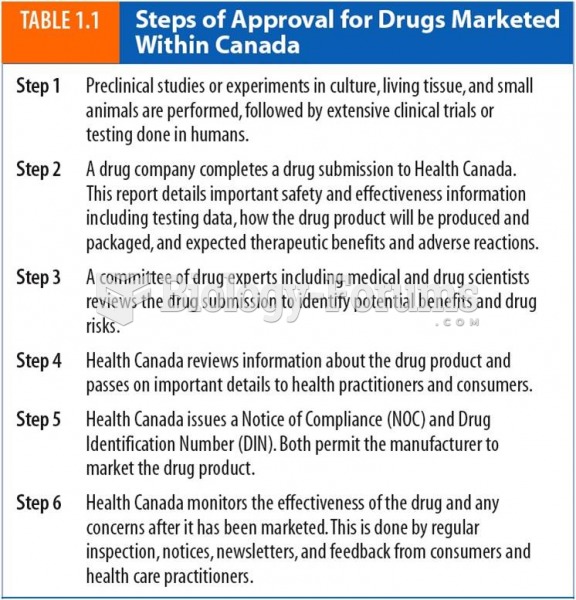This topic contains a solution. Click here to go to the answer
|
|
|
Did you know?
About one in five American adults and teenagers have had a genital herpes infection—and most of them don't know it. People with genital herpes have at least twice the risk of becoming infected with HIV if exposed to it than those people who do not have genital herpes.
Did you know?
Multiple sclerosis is a condition wherein the body's nervous system is weakened by an autoimmune reaction that attacks the myelin sheaths of neurons.
Did you know?
Excessive alcohol use costs the country approximately $235 billion every year.
Did you know?
Approximately 25% of all reported medication errors result from some kind of name confusion.
Did you know?
The first documented use of surgical anesthesia in the United States was in Connecticut in 1844.
 Studies in landscape ecology indicate that interactions between biotic and abiotic processes are dep
Studies in landscape ecology indicate that interactions between biotic and abiotic processes are dep
 Three language areas of the cerebral cortex that have been the focus of studies on neuroanatomical ...
Three language areas of the cerebral cortex that have been the focus of studies on neuroanatomical ...





